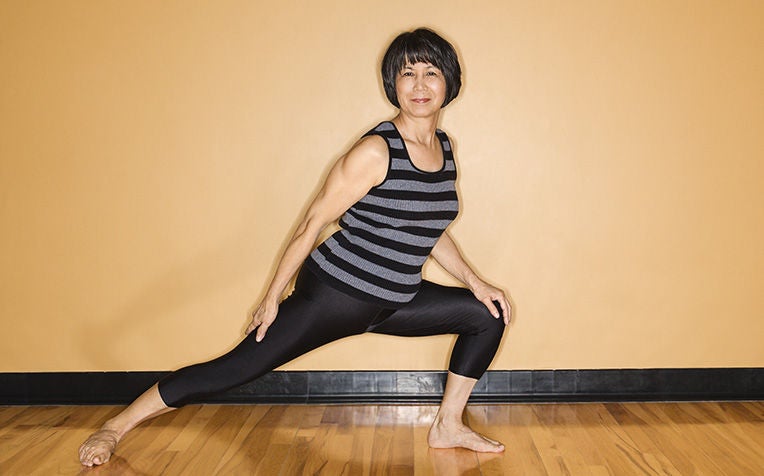
Menopause can cause emotional instability, depression, anxiety and insomnia.
Menopause: What are the emotional symptoms?
Not uncommonly, women going through menopause can experience emotional symptoms, such as:
- emotional instability
- depression
- anxiety
- insomnia
Some women also feel quite upset because they see menopause as signifying the end of their reproductive capacity, and therefore they may feel insecure about their sexuality. The associated menopausal symptom of vaginal dryness also affects their ability to enjoy sexual intercourse, and this can be an additional factor that causes distress for some. About 20 per cent of women have some of these emotional problems.
It has been suggested that the abrupt hormonal changes (in particular, the drop in oestrogen levels) affect mood and behaviour by altering the equilibrium in several brain neurotransmitter systems. Another theory is the domino theory – that the physical discomfort (of night sweats and hot flushes) provokes physical changes (e.g. sleep disturbance), which consequently affects mood stability.
Menopause: Other factors contributing to the emotional symptoms
In some of the women we’ve seen at the Department of Psychological Medicine at KK Women's and Children's Hospital (KKH), a member of the SingHealth group, emotional instability was also caused by other issues occurring around the time of menopause, especially with respect to their marital relationship.
- Loneliness can be a major difficulty to grapple with, as their children grow up and leave home (also known as empty nest syndrome)
- They retire and no longer have a professional role that they can identify themselves with
- Strained relationship with partner. After many years of marriage, and having spent most of them focusing on the kids who have since left home, some women realise how much they’ve grown apart from their spouse because they had little time to communicate and nurture their own relationship with their spouse. Some women even no longer feel in love or comfortable with their spouse and this can lead to dissatisfaction and disharmony in the marriage.
Since physical health also affects emotional wellness, at this age, when they are more vulnerable to physical illnesses, their depression may also be due, in part to their health problems.
Menopause: How to cope with the emotional challenges
For those with prominent emotional symptoms, psychological therapy and medication can be beneficial in alleviating the distress. The guiding principle really is for an individualised approach, so we look at what the symptoms are, and what the stressors or difficulties are, which the woman is facing, and then treat accordingly.
- Therapy helps to address problems, and may involve individual therapy to help with stress management, or role changes, or couple therapy to deal with marital issues that may be exacerbated at this time.
- Antidepressants, especially the selective serotonin reuptake inhibitors have been shown to be beneficial for perimenopausal depression, and may even help to alleviate the physical symptoms like hot flushes. For those with significant anxiety symptoms, anxiolytics are needed, and similarly, sedatives for those with prominent insomnia.
- Exercise and healthy lifestyle changes are important, as is getting involved in fulfilling activities, or even yoga and qigong.
Ref: N18
Contributed by


















 Get it on Google Play
Get it on Google Play